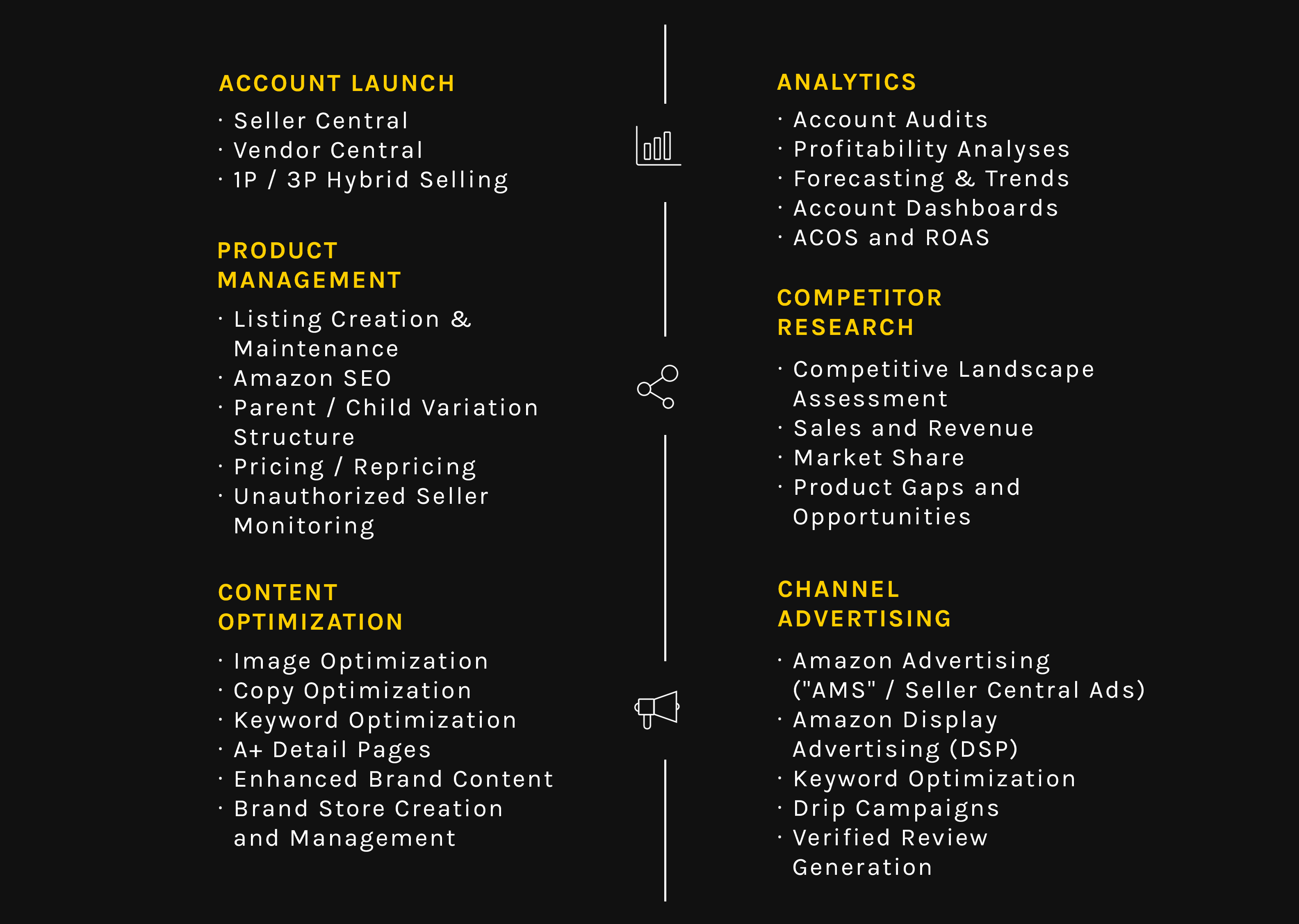
During the month of July, cybercrime hit the news in a big way. There were 29 ransomware-related attacks in July. This is an increase from the 12 attacks that occurred in July 2017. The attacks affected many companies and institutions, some of which are the most important in the world.
Healthcare was the first victim of an attack in 2012. According to Center Hospitalier de Wallonie Picarde(CHwapi), it had to redirect patients into other facilities. The attack caused significant disruptions to the hospital network. The hospital IT team manually repaired the computer systems and patient records.
Cyberattacks were reported by two utility companies and the Ministry of Finance of Ecuador in South America. The attackers also targeted Ecuador’s largest bank. The attack is currently being investigated by Ecuador's government. The attackers threatened publication of the data without payment.

In February, another attack took place. AXA announced they would not reimburse ransomware. According to AXA the attack was perpetrated by BlackMatter, which is a Russian criminal network. The attackers demanded payment of $5000. The attackers demanded payment of $5000. However, the company refused to pay and they were able to recover their data via backups. The CEO also said that the company was not cooperating with cybercriminals.
ADATA, a Taiwanese computer memory manufacturer, was also targeted. The ransomware caused the company's network to be shut down, according to the company. The attack also affected mobile apps and internal systems. It is not known why the ransom was not paid by the company. It is also unclear whether the attack was an intentional attack or a distraction tactic.
Another company targeted was a supplier of food services. Edward Don shut down portions of the company’s network. The details of the attack were not released by the company. It is possible that an attacker used a virus on the network to infect it. This was later exploited as a weapon by the attackers. The attacker may have used a virus to infect the network, which was later exploited by the attackers.
The National College of Ireland was also attacked. The college's IT department said it was forced to suspend access to its Moodle, Library Service and other IT systems. The ransom payment was not made by the college. However, it didn't specify which students were affected. The college said the attackers did not steal personally identifiable information. It also stated that the college did not have any data duplicated.

The COX Media Group, a US media conglomerate, reported that it was attacked. The company's 54 radio stations and live broadcasts were suspended. The company said the attack caused "some interruptions in some media channels." It is unclear whether the attack caused any personal data to be leaked. The company stated that it wasn't aware of any other media firms that were affected.
Central Piedmont Community College also reported ransomware attacks. According to the school's statement, online classes were able to be reestablished within two weeks. The college stated that no student or employee data had been stolen. It is not known why the college did NOT pay the ransom.
FAQ
How to avoid fraud while using credit cards online?
Make sure to review your credit card statements before you buy online. Make sure you only pay bills that you actually owe. If you notice anything unusual, check your bank statements often. If you notice any unusual charges, call your card issuer immediately. They will typically cancel the transaction or refund any money taken out of your account.
If you feel you've been victim to fraud, you can contact your local authorities. The Federal Trade Commission (FTC), can also be filed.
It is better to shop online with credit cards than without.
Credit card companies offer a wide range of benefits, such as free shipping, cashback and rewards programs. Additionally, they provide fraud protection. People should consider them over debit card because they don't have any fees.
Customers who want to pay off their balance quickly can also benefit from credit cards. You can also make purchases with credit cards without worrying about how much money remains in your account.
Are there other things that I should know about buying clothes online
Before buying clothes online, there's a lot you need to know. First, you need to know your size. This may seem obvious but many companies don't offer this information, so you might have a hard time guessing.
Remember to be aware of shipping charges. Shipping costs will vary depending upon the item ordered. Be sure to track where your package is headed. Some items ship directly to the manufacturer, while others go through third-party warehouses. Delivery times can be affected by this.
Finally, make sure to read all reviews. There are many bad experiences. Don't let others' experiences affect yours.
Does it make sense to ask for discounts on shopping?
Try to negotiate a better deal when purchasing items. It is not rude to ask them if there are any discounts codes. If you're polite, they might offer you a special deal. This could save you money over time.
Do rewards and insider programmes worth signing up?
While they can be a great reward, they aren't always worth the effort. You should ensure that you receive value when you sign up for an internet program. Make sure you understand how much time and money you spend on it.
If you are signing up for a rewards card just because it has a good signup bonus, be careful. Sometimes these bonuses won't be worth the effort to apply for one.
You should also ask yourself why it is that you want to be a part of a rewards program. Many people join because their friends are doing the same thing. You may not be interested in the services or products offered by the company if this is the reason you quit.
Can I buy clothes online and return them?
Absolutely! In fact, shopping online is easier than ever. All major retailers offer free returns. You can simply print a label, and then drop it off in the mail.
You will only be eligible for a refund once the item is received. You will have to return the item if you decide not to buy it.
How can I make sure that I get the most for my money when purchasing clothes online?
There are several things you can do to ensure you get the most value for your money when buying clothes online. First, you should take advantage of free shipping promotions offered by some retailers. These promotions often offer free delivery within Australia.
The second thing you need to do is check out the returns policy of the website before you make your purchase. Some websites allow you back items within 30 days of receipt, while others offer refunds only if the items are returned within 14 days.
Third, look into customer reviews of the retailer you're considering buying from. This will help you determine whether or not they are reliable and reputable.
Fourth, compare prices between different retailers. There are many comparison websites that allow you to compare prices from different retailers side-by-side.
Don't forget to look out for coupon codes or sales on certain brands and clothing types. For any additional deals, check the website regularly.
Statistics
- An approximately 90% increase in price affords Hotel X the opportunity of extreme profits under severe circumstances. (dos.ny.gov)
- The vast majority only change a password to protect privacy a few times a year (27 percent) or, more likely, never (35 percent). (pcmag.com)
- Your Online Purchases 79% of Americans purchased goods and services online in 2018, which is expected to exceed 90% in 2023. (meetfabric.com)
- Beyond that, you'll be liable for a 25% import tax. (makeuseof.com)
External Links
How To
What are safe online shopping tips?
Safe online shopping is an important skill for anyone who wants to shop online safely. It's important to know how you can shop at different sites without being scammed.
Continue reading if you're interested in learning more about buying online. This article will provide you with all the information and tips to make sure that you don't fall for scams.
-
Do your research. Before you decide to shop online, it's essential to do your homework first. Read reviews of the company you plan to purchase from, look for customer feedback, and get recommendations from friends and family.
-
It's worth shopping around. Compare prices between several sellers if you are unsure about the reputation of a particular store. You might also consider price comparison apps such as Amazon Price Checker and Google Shopping. These tools can help you find the best prices from your favorite retailers.
-
Watch out for red flags. You should be alert for any red flags when you browse product pages. Fake sites often have misspelled words, grammatical mistakes, and other problems. They often sell fake or incomplete products.
-
Beware of popup windows Pop-ups are sometimes used by websites to collect passwords or credit card numbers. If you are confronted with one of these, please close it by pressing "escape", or select another browser window.
-
Ask yourself questions. When you visit a website, think about the following questions: Does this website seem trustworthy? Do I get what I need from it? Can I trust those behind it?
-
Don't give away your personal information. Unless you initiated the transaction or provided financial information, do not give out your Social Security number, bank account numbers, or credit card details by phone or email.
-
Avoid clicking on emails that contain links. It is very easy to click links in emails and end up on a fake website. To avoid this type of fraud, only open emails from trusted sources (such banks)
-
Use strong passwords. Strong passwords should be composed of letters, numbers and symbols. Keep your password confidential and don't share it with anyone else.
-
Do not download files without permission. Never open attachments from unknown senders and always download files directly from the source. Never open attachments that come from unknown senders. Do not open attachments from unknown senders asking you to install any software.
-
Report suspicious activity. Contact your local police immediately if you suspect that your identity has been stolen. The Federal Trade Commission can also be contacted.
-
Protect your device. Make sure your computer has anti-malware protection. It could help stop hackers from accessing your private info.
-
Senior scammers to watch out for Scammers targeting seniors are particularly vulnerable because they have less ability to recognize fraudulent messages or websites.